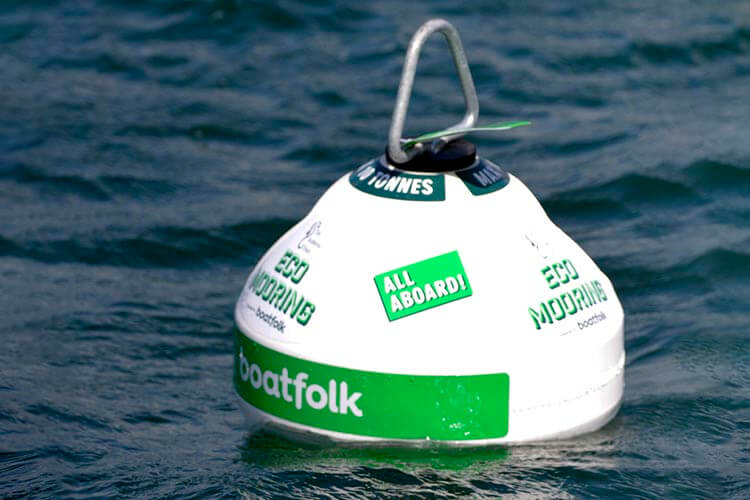
The Studland Bay Marine Partnership (SBMP) has been awarded £186,000 from the UK’s Marine Management Organisation’s (MMO) Fisheries and Seafood Scheme to support the conservation of Studland Bay’s precious marine ecosystem.
Located in the county of Dorset, on the south coast of England, Studland Bay is home to the region’s most extensive seagrass meadow, which provides a unique habitat for a number of important species, such as the spiny seahorse and the endangered undulate ray.
The SBMP was formed in 2021 to ensure the protection of Studland Bay’s natural underwater environment while also meeting the needs of boaters and other watersports enthusiasts. The partnership is made up of local stakeholders including conservation and boating groups, academics, community groups, and local businesses.
The new funding, which has been secured following a successful funding bid with Dorset Council, will contribute to a larger £248,000 conservation project to support the protected site, the wildlife that lives there, and the water users who enjoy it.
Related articles

The ongoing project has already seen 31 eco-moorings installed, which use a helical screw anchor permanently installed into the sea bed, which is connected to a mooring buoy using an elastic rode. The advanced mooring design eliminates the need for large mooring chains and anchors, which can drag across the sea floor and cause serious damage to seagrass and other marine habitats as they do so.
The new funding will see a further 57 eco-moorings installed in the bay, and the continuation of the partnership’s research and monitoring programme. The moorings project is also supported by the voluntary no-anchor zone (VNAZ), established by the MMO with the support of the local community, in 2021.
‘This is fantastic news for residents, visitors, boaters, and the environment,’ said David Brown, Chair of the SBMP. ‘Receiving this funding supports the Studland Bay Marine Partnership to continue the important work of conserving and preserving Studland Bay for future generations to enjoy.
‘Hundreds of waterborne visitors to Studland Bay are already taking a pro-active approach to conservation by using the 31 eco-moorings already installed and we are delighted that we will now be able to install a further 57 in 2024.’

The moorings have been welcomed by conservationists and boaters alike, and appear to be having a significant impact. A similar project in Plymouth Sound, Cornwall, run by the Marine Conservation Society reported in October 2023 that seagrass meadows were ‘blooming’ as a result of the reduction in damaging chains, with a 212 per cent increase in grass and 70 per cent increase in marine fauna.
‘The Fisheries and Seafood Scheme has been designed specifically to support these types of innovative projects,’ said Michelle Willis, Deputy Chief Executive Officer, MMO. In Studland Bay, the seagrass plays a vital role in the marine ecosystem, providing a safe nursery and breeding ground for range of marine wildlife, including rare species of spiny seahorse, pipefish and rays, as well as those of significant commercial value such as seabream, bass and flat fish.
‘By supporting projects which will help to protect and recover Studland’s seagrass beds for the future we’re delivering on our commitment to protect our precious marine environment, support economic growth and enable sustainable marine development.’
You can find out more about the Studland Bay Marine Partnership and the conservation project at Studland Bay on the Dorset Coast Forum website.



